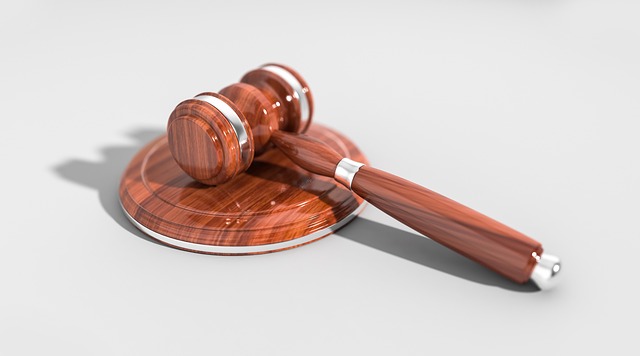Do lawyers fall under consumer protection act
When most people think about the Consumer Protection Act, they think about products like cars or appliances. However, lawyers are also covered by this act. In this blog post, we will discuss what the Consumer Protection Act covers when it comes to Consumer Advocacy Law Firm and what you can do if you have a complaint against your lawyer.
What is the consumer protection act?
The Consumer Protection Act is a federal law that protects consumers from unfair or deceptive business practices. This act applies to lawyers as well, and it requires lawyers to provide an adequate level of service to their clients, including providing accurate information about the legal process and the cost of services.
What are the rights of consumers
When a consumer hires a lawyer, they are entitled to certain rights under the Consumer Protection Act. These include the right to accurate information about legal services and fees, the right to timely responses from their lawyers, and the right to be protected from unauthorized disclosure of confidential information. Additionally, lawyers are required to keep detailed records of all communications related to a case and provide written estimates of fees or other costs associated with services. By taking advantage of these rights, consumers can ensure that lawyers are held accountable for any misconduct and that they get fair treatment in the legal process.
What kinds of lawyers fall under the consumer protection act?
The Consumer Protection Act applies to all lawyers who provide personal services for hire. This includes lawyers who practice in courts and administrative agencies, as well as lawyers who do transactional work, such as drafting contracts or negotiating deals. The act also applies to lawyers who provide advice over the phone or through email, even if they don’t appear in court on behalf of their clients.
What are lawyers required to do under the consumer protection act?
Under the Consumer Protection Act, lawyers are required to provide their clients with accurate information about the legal process and potential outcomes before any work is done. They must also provide written estimates of fees or other costs associated with services, and keep detailed records of all communications and transactions related to a case. Furthermore, lawyers have an obligation to protect their clients’ confidential information from unauthorized disclosure.
What are my rights as a consumer if I have a complaint against my lawyer?
If you believe your lawyer has violated any of the requirements of the Consumer Protection Act, then you can file a complaint with your local bar association. The bar association may investigate the complaint and take disciplinary action against the lawyer. Alternatively, you can file a lawsuit in civil court to seek damages for any harm caused by your lawyers’ breach of duty.
Are there any exceptions to the consumer protection act
There are some exceptions to the consumer protection act depending on the state where it is being applied. For example, lawyers who practice solely in federal courts may be exempt from certain provisions of the law. Additionally, lawyers that provide certain types of advice may not be bound by its requirements. It is important for consumers to understand how this law applies to lawyers in order to protect themselves when hiring legal representation.
The Consumer Protection Act is an important law that protects consumers from unfair or deceptive business practices. It applies to lawyers as well, and lawyers are required to provide their clients with accurate information about their services and fees, maintain records of all communications, and protect clients’ confidential information. If you believe your lawyer has violated any of the requirements of this act, then you have the right to file a complaint or even sue them in civil court. Taking advantage of these consumer protections can help ensure that lawyers are held accountable for any misconduct and that consumers get fair treatment in the legal process.

